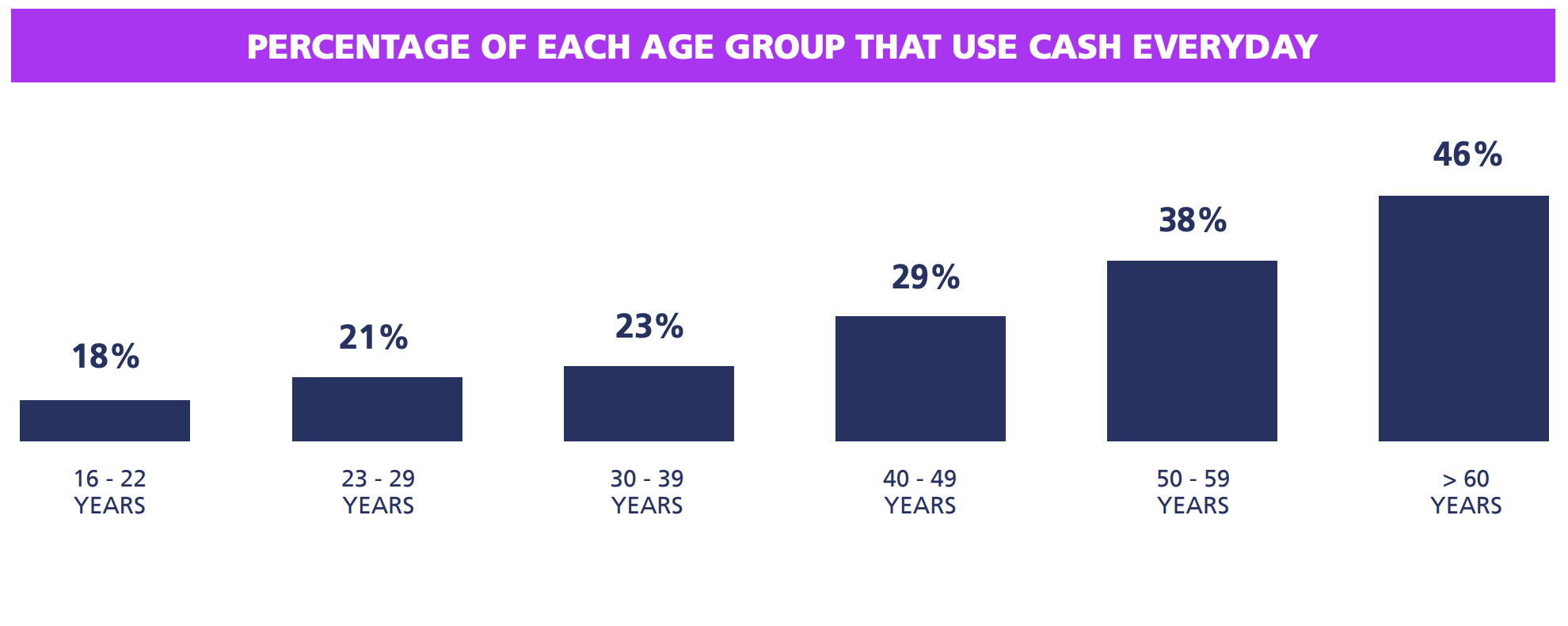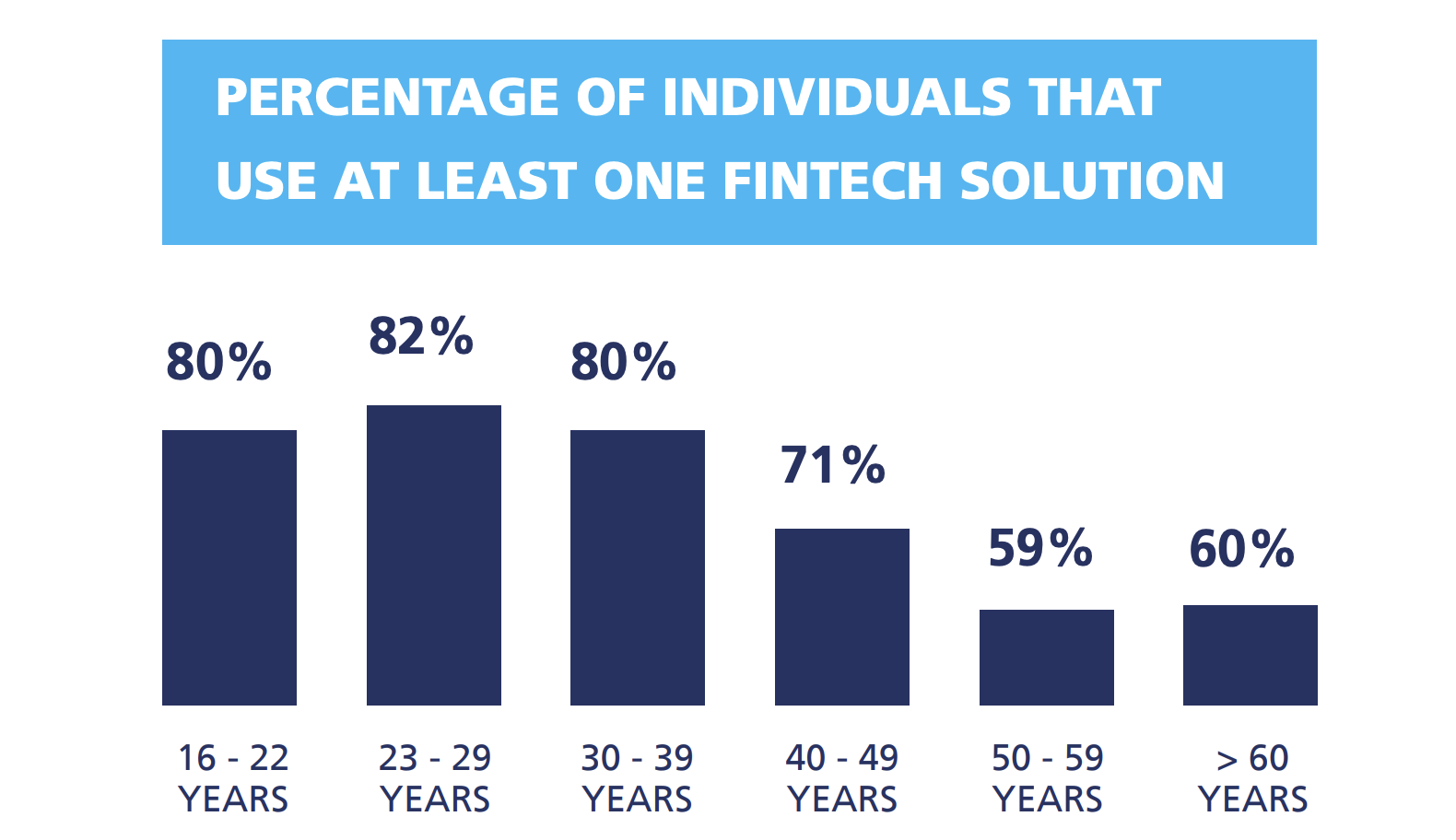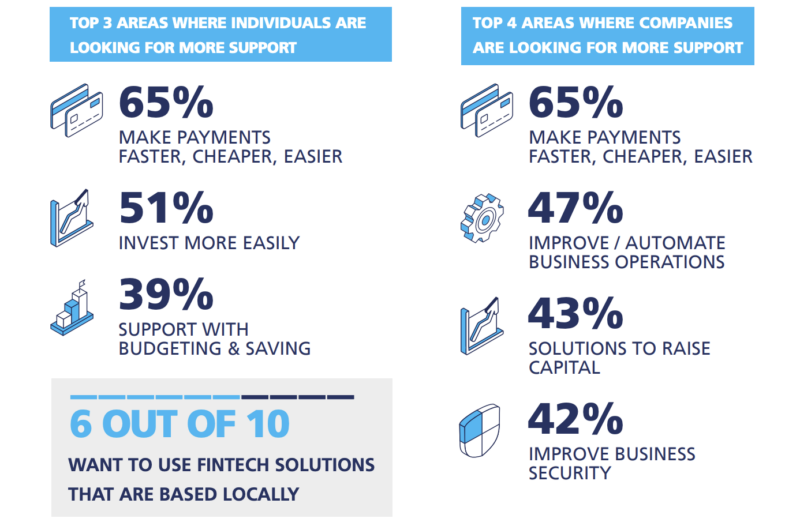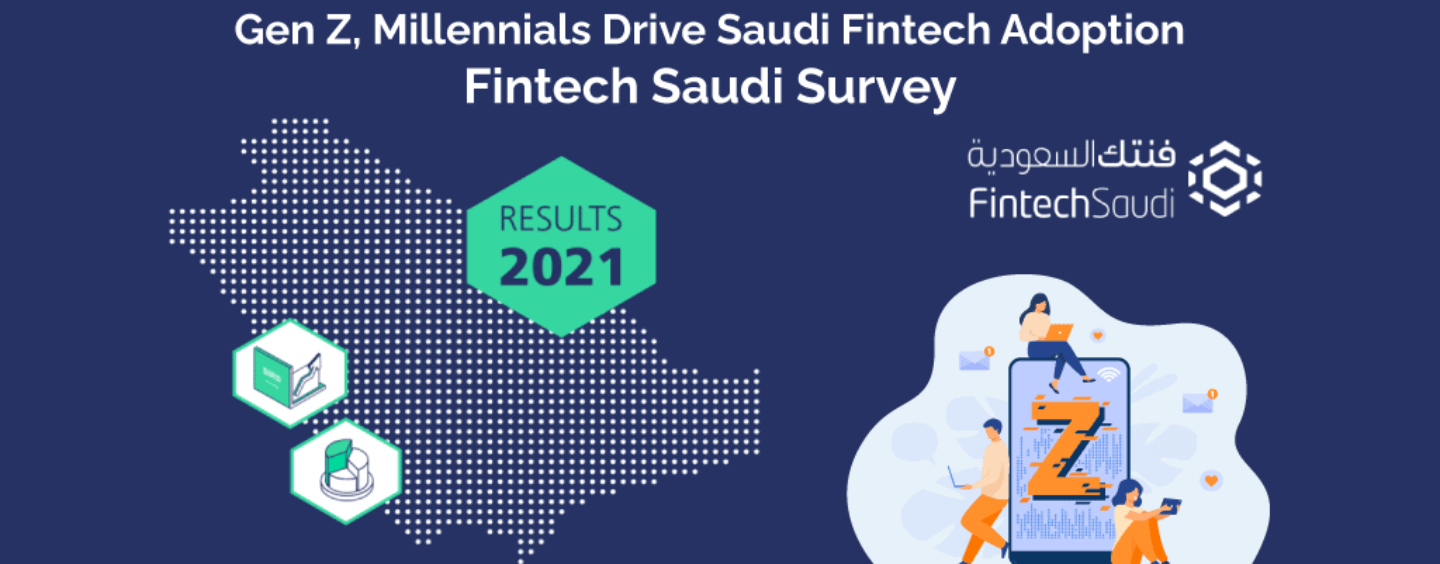Cash usage is declining amongst growing Saudi fintech adoption, according to the findings of Fintech Saudi’s National Fintech Adoption Survey.
Fintech Saudi announced the results of the National Fintech Adoption Survey, which it conducted in early 2021. The survey assesses the state of Saudi fintech adoption amongst individuals and companies.
Conducted by Saudi Central Bank (SAMA) and the Capital Market Authority (CMA), the survey covers five key areas of focus — cash usage, fintech activities, banking relationship, open banking, environmental, social and governance goals.
Nejoud Almulaik, Director of Fintech Saudi
“Given the importance of financial technology, we need to understand the extent to which individuals and companies in Saudi Arabia rely on fintech solutions.
The National Fintech Adoption Survey will help us understand the consumer’s behaviour and new financial trends so we can ensure that innovation in the financial sector continues to live up to the aspirations and expectations of individuals and companies,”
Nejoud Almulaik, Director of Fintech Saudi, said.
Gen Z and millennials used cash the least, had highest fintech adoption
Although a majority of the Saudi population (60%) still use cash once a week, overall cash usage is on a declining trend. Digital payments increased by 75% last year, while cash withdrawals at ATMs and payment points fell 30%. The report attributed this to the COVID-19 pandemic.
The trend was largely driven by Gen Zers and millennials. These two demographics used cash the least on a daily basis, across all surveyed age groups. In addition to this, cashless activity is also expected to be bolstered by e-commerce, digital payments infrastructure and government support.

Source: Fintech Saudi
Gen Zers and millennials also had the highest fintech adoption rates. Saudi fintech adoption among individuals between 16 to 39 years surpassed the 80% mark. Within this group, individuals aged 23-29 years had the highest level of fintech adoption, at 82%.
The acceleration in cashless payments is in line with a goal under Saudi Arabia’s Vision 2030, wherein the country aims to move towards a cashless society, growing non-cash transactions to 70% by 2025.

Source: Fintech Saudi
E-payments and digital banking provide a boost to Saudi fintech adoption.
The largest contribution to Saudi fintech adoption came from e-payment services, with 69% of individuals using these solutions regularly. Meanwhile, 93% of customers conducted their banking activities online. In fact, only 2 out of 10 customers visited physical branches in the previous month, the report said.
Further, the survey indicated growth in the level of awareness about fintech solutions, although a general lack of awareness and understanding of these solutions still deterred customers from using them.
Tools such as online budgeting and financial planning, equity crowdfunding, insurance aggregators and robo-advisory had awareness rates of 60-68%. However, about two-thirds of surveyed individuals and companies were still looking for solutions to make payments faster, cheaper and easier. One half of surveyed individuals were also looking for convenient investment platforms, while 39% were in search of budgeting and saving tools.

Source: Fintech Saudi
The report noted that as the fintech regulatory landscape in Saudi Arabia evolved further, and with more fintech companies entering the market, Saudi fintech adoption of these activities was likely to increase in the future.









3 Comments so far
Jump into a conversation